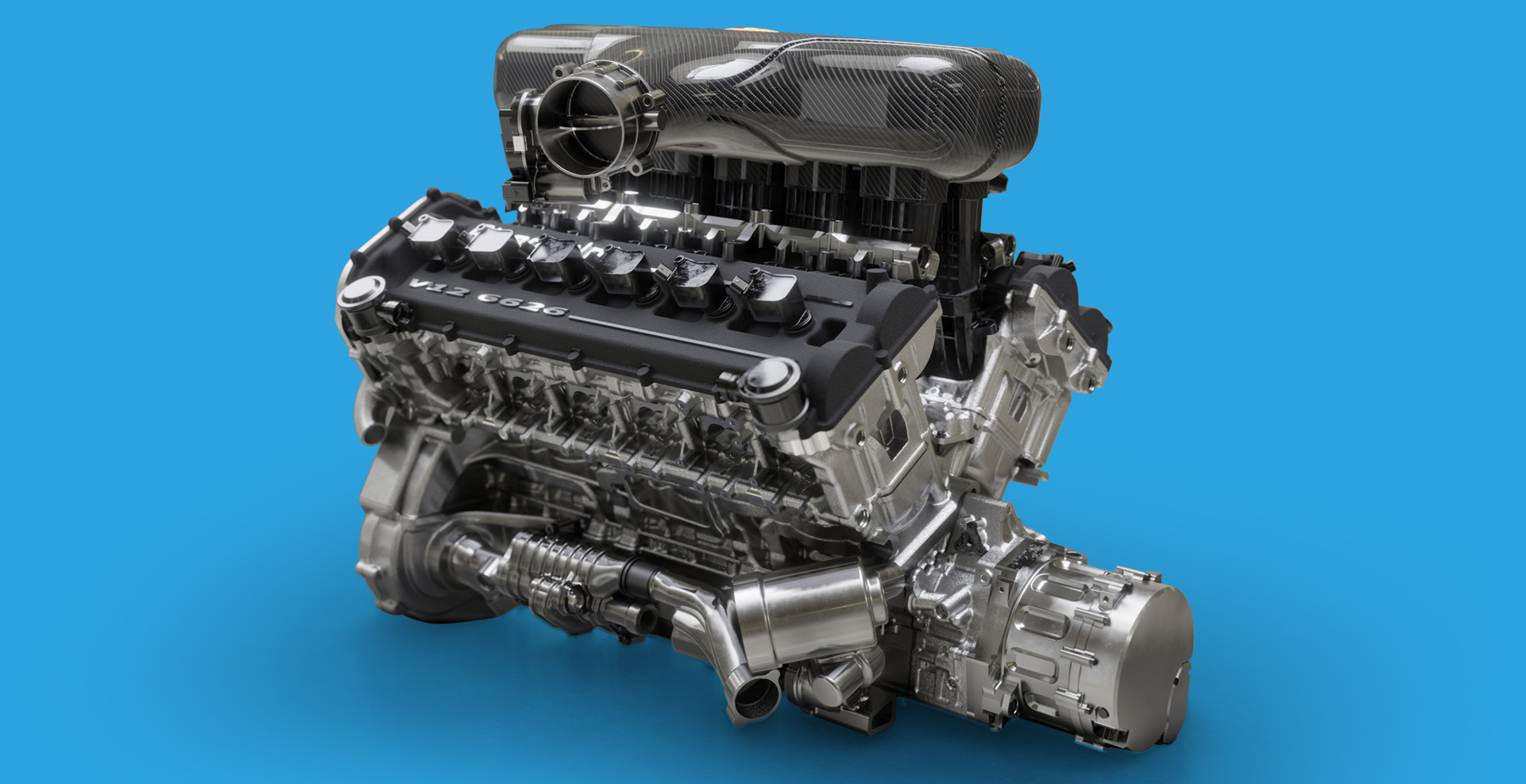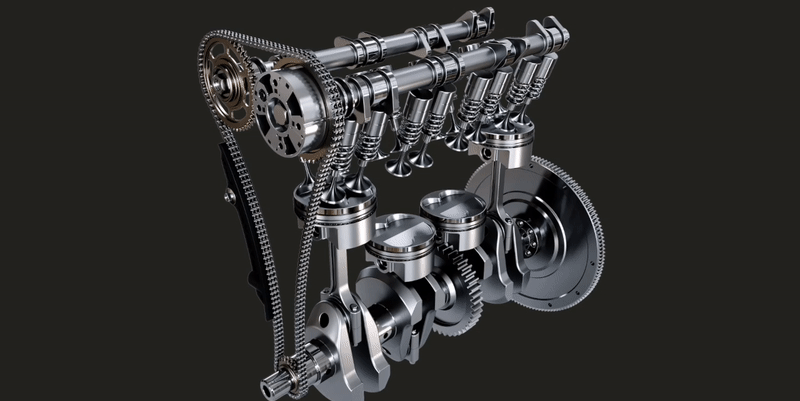A Complete Guide to Buying from Engines For Africa
A Complete Guide to Buying from Engines For Africa
Blog Article
Explore a Large Range of Engines for each Automobile and Function
The vehicle landscape is increasingly complex, with a varied array of engine kinds developed to meet certain performance and performance demands throughout different vehicle groups. Additionally, sturdy engines serve the demands of work vehicles, while eco-friendly choices are acquiring grip in the search of sustainable transport.
Types of Automotive Engines
Automotive engines can be classified into a number of distinct kinds, each created to meet certain performance and performance demands. The most common groups include interior burning engines, electrical engines, and crossbreed systems.

Electric engines, on the various other hand, operate on electrical power saved in batteries, offering instantaneous torque and zero discharges. These engines are becoming progressively popular because of innovations in battery technology and the growing focus on sustainability.
Crossbreed systems combine both interior burning and electric engines, enabling automobiles to maximize fuel efficiency and minimize exhausts by seamlessly switching in between source of power. Each engine type offers its advantages and disadvantages, affecting aspects such as lorry layout, meant usage, and market need. When choosing the proper engine for their details demands., recognizing these distinctions is crucial for customers and suppliers alike.
Efficiency Engines for Sports Cars
Efficiency engines for cars are specifically engineered to deliver boosted power, rate, and dexterity, establishing them besides common vehicle engines. These engines typically use sophisticated technologies such as turbocharging, turbo charging, and variable shutoff timing to make the most of efficiency and responsiveness.
Typically, efficiency engines are created with higher compression ratios, which enable better energy extraction from gas. This leads to impressive horse power and torque figures, enabling quick velocity and greater top rates. Additionally, the lightweight products utilized in these engines, such as aluminum and carbon fiber, add to decreased overall lorry weight, improving handling and maneuverability.
Engine setups like V6, V8, and also hybrid systems are typical in efficiency cars, each offering one-of-a-kind benefits in regards to power delivery and driving characteristics. The adjusting of these engines is likewise crucial; lots of manufacturers maximize the engine management systems to give a thrilling driving experience, often consisting of sporting activity modes that change throttle feedback and gear changes.
Reliable Engines for Daily Commuters
In the realm of everyday travelling, efficient engines play an important duty in optimizing fuel economic situation and minimizing discharges while giving dependable efficiency. As city populaces grow and environmental worries escalate, the demand for cars furnished with reliable powertrains has actually surged.
Modern engines developed for everyday commuters often integrate modern technologies such as turbocharging, straight gas shot, and crossbreed systems. Turbocharging enhances engine efficiency by requiring more air into the combustion chamber, enabling smaller sized, lighter engines that do not compromise power output. Direct fuel shot boosts gas atomization, bring about better burning and increased efficiency.
Hybrid engines, combining inner burning with electrical power, more boost gas economic climate, especially in stop-and-go web traffic, where standard engines can experience from ineffectiveness. Electric motors assist throughout velocity and can run independently at low speeds, decreasing overall gas intake.
In addition, innovations in engine administration systems and imp source lightweight materials add dramatically to effective engine style. By concentrating on efficiency, longevity, and ecological sustainability, makers remain to supply engines that not just satisfy the demands of day-to-day travelling however also straighten with worldwide efforts to lower carbon footprints.
Heavy-Duty Engines for Work Autos
Durable engines for work automobiles are regularly engineered to deliver remarkable torque and reliability under requiring conditions. These engines are created to execute in settings where traditional engines might fail, such as building and construction sites, logging procedures, and agricultural setups. The main emphasis of heavy-duty engines is their capacity to produce high degrees of power while maintaining durability over prolonged durations of operation.
Typically, durable engines utilize sophisticated products and durable building strategies to endure the roughness of heavy workloads. Attributes such as reinforced cylinder blocks, about his boosted cooling systems, and advanced gas shot technologies add to their effectiveness. These engines typically run at lower RPMs, which assists to maximize gas efficiency while supplying the essential power for hauling and transporting.
In addition to mechanical toughness, sturdy engines are often furnished with innovative digital control devices (ECUs) that manage performance, discharges, and diagnostics. This combination enables far better surveillance and upkeep, ensuring that work cars stay functional and efficient.
Ultimately, heavy-duty engines are a necessary part in the performance of numerous sectors, giving the necessary power and reliability to tackle the toughest of jobs.
Eco-Friendly Engine Options
The expanding focus on sustainability has actually brought about the growth of eco-friendly engine options that focus on lowered exhausts and enhanced gas effectiveness. These engines are developed to reduce the environmental influence of lorries while still supplying the performance and reliability expected by customers.
Among the most notable eco-friendly alternatives are hybrid and electrical engines. Hybrid engines incorporate typical interior combustion engines with electrical propulsion, enabling decreased fuel consumption and reduced greenhouse gas emissions. Electric engines, on the various other hand, operate completely on battery power, producing no tailpipe exhausts and adding to cleaner air top quality.
Another promising development is the development of biofuel engines, which use sustainable sources, such as plant products, to power automobiles (Engines For Africa). By utilizing biofuels, these engines can minimize dependence on nonrenewable fuel sources and reduced read total carbon impacts

As the automotive sector progresses, environment-friendly engine options will certainly play a crucial function in driving the change in the direction of more lasting transportation solutions.
Verdict
From high-performance engines that improve sporting activities vehicle capacities to effective versions focusing on fuel economic climate for day-to-day travelers, each type serves a certain feature. Sturdy engines cater to robust work automobiles, while eco-friendly options, such as electric and biofuel engines, promote lasting transport.

Report this page